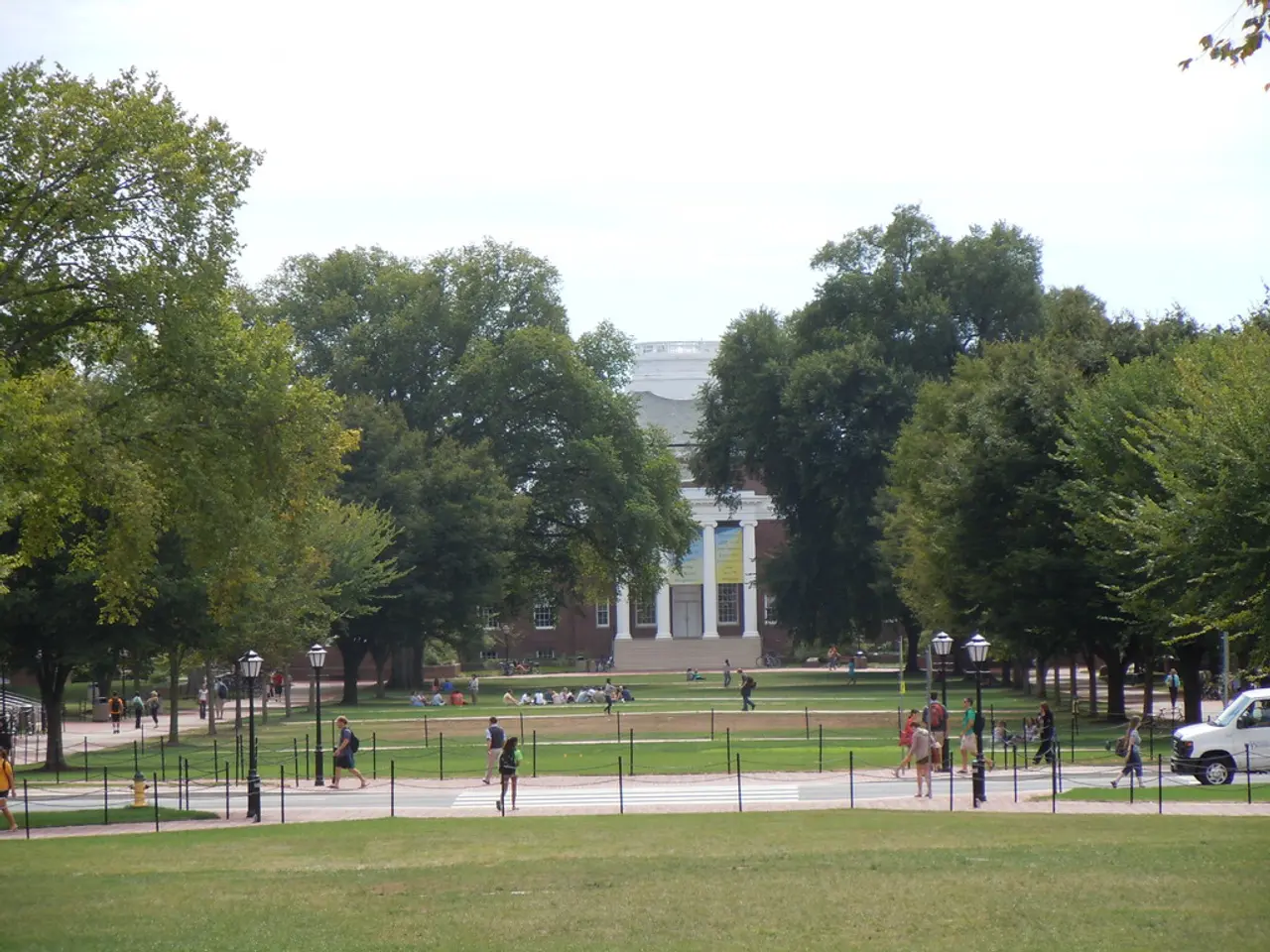Rural students face diminishing options as colleges eliminate study programs: Student opportunities in rural areas are being limited as colleges cut down on available majors.
In the United States, rural universities are grappling with significant cuts to academic programs, a trend primarily driven by decreased federal and state support and policy decisions that reduce aid to under-resourced communities.
At the University of North Carolina Greensboro, more than half the students are low-income, and 35 percent are Black. Yet, the institution is not immune to these financial pressures. The university recently announced plans to discontinue majors such as religious studies, drama, philosophy, French, and German, citing plummeting enrollment and financial crises as the primary reasons.
This trend is not unique to UNC Greensboro. More than a dozen private, nonprofit universities and colleges in rural areas or serving large proportions of rural students have closed outright since 2020. The University of Alaska System, St. Cloud State University, and Northland College are among the institutions that have scaled back their offerings, eliminating dozens of programs.
The reduction in federal education funding and the dismantling of the Department of Education have caused uncertainty and shortfalls in promised money that rural colleges depend on for programming and support services. This, in turn, forces schools to cut certain programs or majors to balance their budgets.
Shrinking federal and state financial support to public colleges, especially rural and community colleges, also plays a significant role. These institutions receive significantly less funding per student, forcing them to reduce academic offerings and support services. Cuts to access and support programs, such as TRIO and other college access initiatives, further exacerbate the problem, as they help low-income, first-generation, and rural students enroll and persist in higher education.
Higher operational costs and a lack of adequate resources to address the unique challenges rural students face also contribute to the problem. Financial aid limitations, fewer faculty, and less infrastructure make it difficult to sustain diverse academic programs.
These financial stresses force institutions to streamline their offerings amid uncertainties about stable funding. For instance, Andrew Koricich, a professor of higher education at Appalachian State University, stated that if a rural institution doesn't offer a program, it simply does not exist.
The closure of universities or the phasing out of degree programs has a profound impact on rural students, especially low-income and Black students. Shamya Jones, for example, enrolled at a local community college due to lacking a car and a new baby. However, the lack of comprehensive programs forced her to transfer to Delta State University, a four-year campus close to her home in rural Mississippi Delta. Delta State University has eliminated 20 degree programs, including digital media arts, history, English, chemistry, and music.
Azariah Journey, a second-year graduate student in history at UNC Greensboro, comes from a rural town in Kentucky and is concerned about the future of his university. He started a petition protesting the cuts, echoing the concerns of many rural students who fear that the erosion of academic programs will limit their opportunities for higher education and career advancement.
In summary, fiscal pressures from decreased federal/state support and policy decisions reducing aid to rural and low-income student populations are the main drivers behind cuts to majors at rural-serving institutions. These financial stresses force institutions to streamline their offerings amid uncertainties about stable funding. As a result, rural students risk being left behind in the pursuit of higher education.
The reduction in federal education funding negatively affects rural universities, forcing them to eliminate programs such as religious studies, drama, and foreign languages, leading to inequality in higher education opportunities for students like Azariah Journey. The closure of academic programs in rural institutions, like Delta State University, also exacerbates educational inequality, as it limits the access to education-and-self-development for low-income and Black students, such as Shamya Jones. The trend of shrinking academic offerings in higher education institutions, driven by financial pressures and policy decisions, undermines the ability of rural students to pursue quality education and career advancement.




